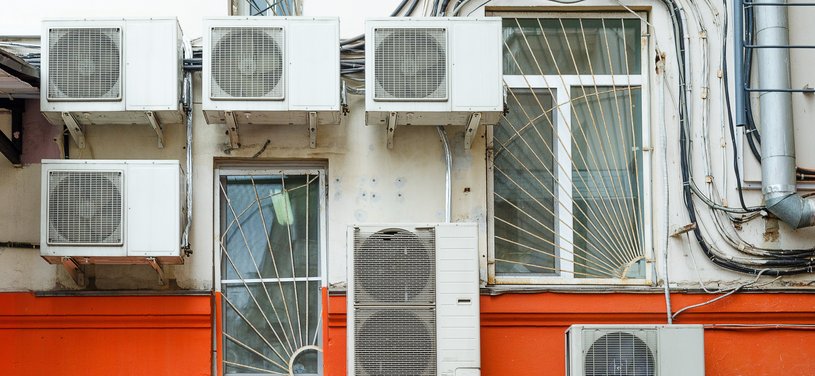Between 21 and 25 August, two trainings were organized to equip RAC technicians and trainers in Grenada with the necessary knowledge to safely use and handle the natural refrigerant propane while facilitating the exchange of experience and expertise at the local and the regional level.
This video is being blocked because of your cookie settings.
In Grenada, the Ministry of Climate Resilience, the Environment and Renewable Energies in Grenada through the National Ozone Unit is actively promoting the adoption of the natural refrigerant propane (R290) in the refrigeration and air conditioning (RAC) sector. This aligns with Grenada’s National Cooling Action Plan (abre en una nueva ventana), which prioritizes refrigerant technologies with low global warming potential and high energy efficiency. Leslie Smith, the National Ozone Officer of Grenada emphasizes that “natural refrigerants fit the bill perfectly”.
To enhance the expertise of local refrigeration and air conditioning technicians and trainers in the safe use and handling of natural refrigerants, the National Ozone Unit Grenada with support from the global project Cool Contributions fighting Climate Change II (C4 II) organized two trainings focusing on the application of propane. The first training followed a train-the-trainers approach, involving 16 experienced RAC trainers. The second training provided practical guidance to 12 RAC technicians in the safe use and handling of natural refrigerants. Key components of the training covered natural refrigerants (properties, applications, safety), joint connections and brazing, evacuation and charging of refrigerants, installation methods, servicing and maintenance practices, leakage search and tightness testing, recovery of refrigerants and parameters checking.
"I am urging all technicians to get on board. It would benefit the consumer, it will reduce our carbon footprint as well.”
Throughout the training, participants gained hands-on experience with state-of-the art equipment specifically designed for flammable refrigerants with a strong emphasis on safety considerations. Practical exercise included for instance the use of vacuum pumps, refrigerant recovery machines, charging scales and electronic leak detectors.
Conducted at the T. A. Marryshow Community College, the training was led by Mr. Eike Kasper, a professor at the German vocational training institute Bundesfachschule Kälte-Klima-Technik (BFS) in collaboration with Mr. Henry Frederick, RAC trainer in Grenada.
This comprehensive initiative not only underscores Grenada’s commitment to environmentally friendly refrigeration practices but also ensures that local professionals are well-equipped to handle the transition to natural refrigerants effectively.
C4 II is funded by the German Federal Ministry for the Environment, Nature Conservation, Nuclear Safety and Consumer Protection (BMUV) as part of the International Climate Initiative (IKI) (abre en una nueva ventana).

 Imagen: Shutterstock
Imagen: Shutterstock